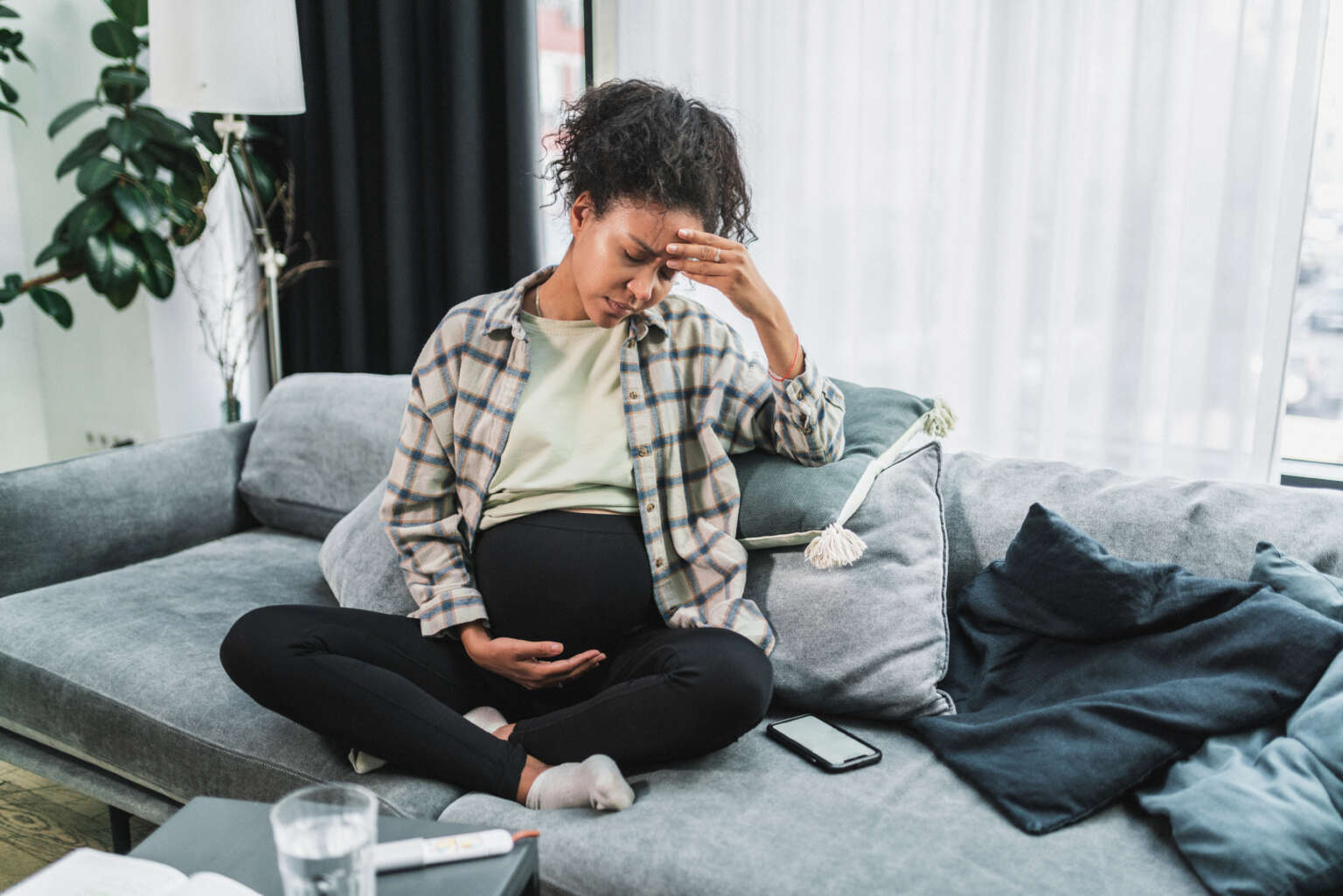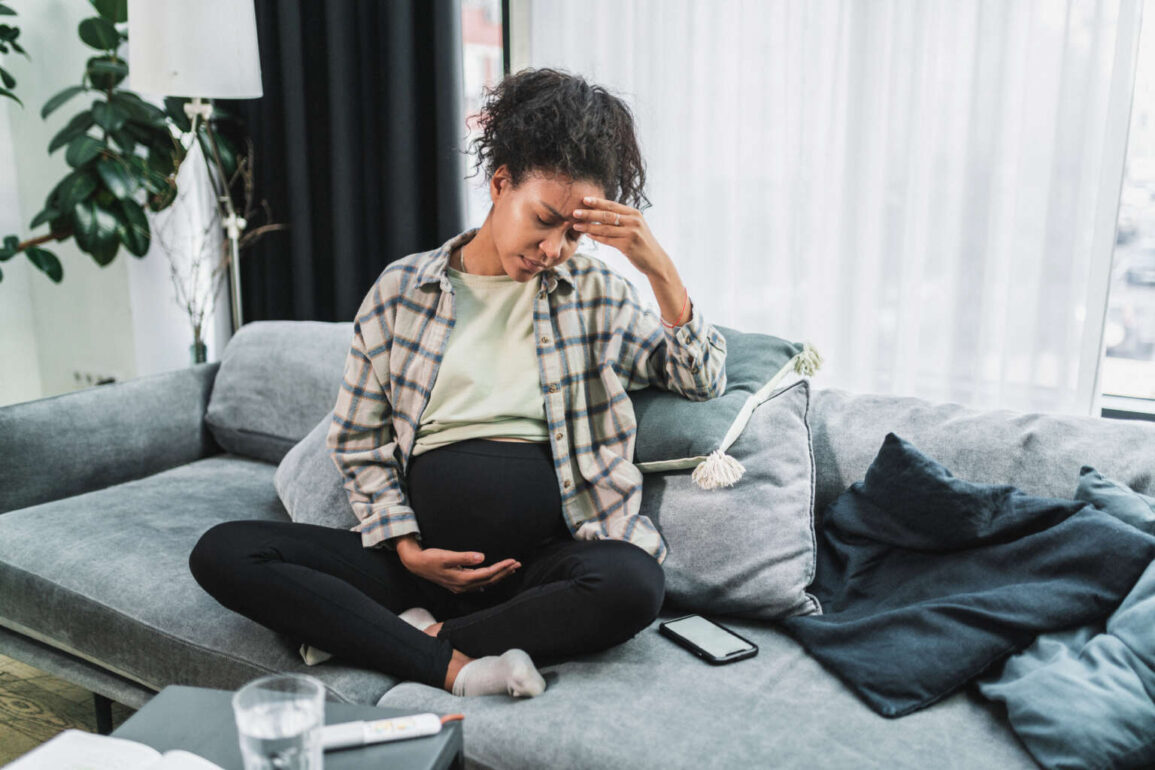
“The US is failing mothers,” the Policy Center for Maternal Mental Health said in a new report.
A recent report from the Policy Center for Maternal Mental Health reveals that almost every state in the nation is falling short in addressing the mental health needs of new and expecting mothers. According to the report, only four states — California, Pennsylvania, Utah and Washington — have managed to exceed a C+ rating.
“The U.S. is failing mothers – only scoring a D+ grade,” the organization said in the report, noting that 29 states received D’s and F’s.
According to the American Psychiatric Association (APA), approximately 20 percent of pregnant or postpartum women in the U.S. will experience a mental health condition such as depression, anxiety, or thoughts of suicide. Although hormonal changes during pregnancy and the postpartum period can trigger mood disorders, maternal mental health conditions cannot solely be attributed to neurochemical causes. Research shows that such mental health conditions disproportionately affect Black, Indigenous, and low-income communities, and that factors such as racism and low socioeconomic status can heighten the risk and severity of these conditions.
“Black women not only face a higher chance of developing perinatal mood disorders than white women, but they are also less likely to receive treatment due to factors such as fear of stigma, involvement of child welfare services and financial barriers,” a factsheet on Black maternal mental health by the Black Mama’s Matter Alliance says. “Additionally, Black women experience stress and health disadvantages because of the interaction and multiplicative effects of racism, gender, class, and age.”
The report, which evaluated states on providers and programs, screening and screening reimbursement, and insurance coverage and treatment, found that the majority of states failed to support the mental health needs of new or expecting mothers. While the overall national grade did go from a D in 2023 to a D+ in 2024, Caitlin Murphy, a researcher who helped create the report cards, told The Hill that “[G]rades are still dismally low. … States should be commended for their hard work to address maternal mental health disparities, and we still have a long way to go.”
Suicide and drug overdoses are the leading causes of pregnancy-related deaths in the U.S., with mental health and substance use-related deaths accounting for more than 22 percent of pregnancy-related fatalities.
“Maternal suicide is a tragedy that has rippling societal consequences as well as a lasting impact on families and communities,” an issue brief by the Policy Center for Maternal Mental Health says. “As new and emerging data continues to affirm maternal suicide as a leading cause of maternal death, the recent momentum and interest surrounding maternal suicide must be leveraged into clinical, systems, and policy shifts that propel actionable change and prevent maternal suicides.”
On Tuesday, the Biden administration released a national strategy to address this “urgent public health crisis,” which includes constructing a national infrastructure that prioritizes perinatal mental health and ensuring that care and services are accessible.
“Many of these tragic deaths can be prevented by eliminating health disparities and understanding the impact of mental health during pregnancy and in the first months as a parent,” said Department of Health and Human Services (HHS) Secretary Xavier Becerra. “We want to address the challenges people are facing, decrease stigma associated with these challenges, and improve access to support both inside and outside of the health care system.”


